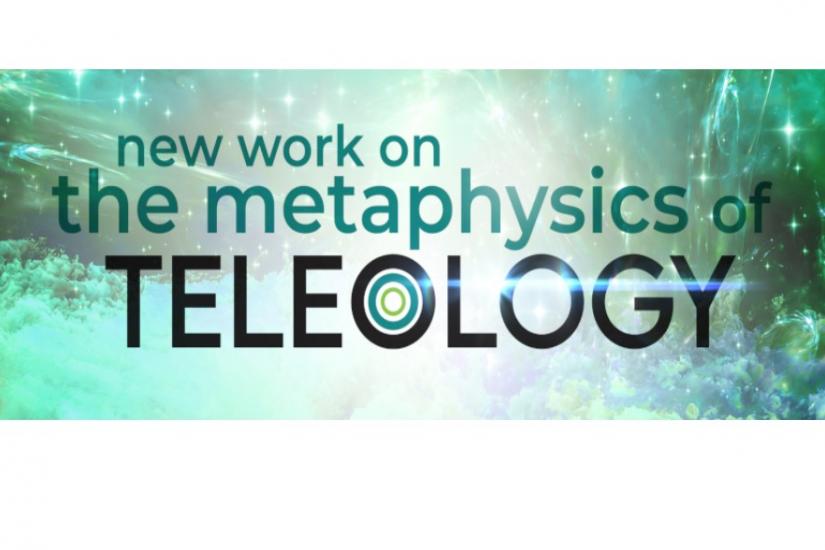
Scholars working on medieval accounts of efficient causation rarely pay attention to problems of teleology, and the same seems to be true of most Neo-Aristotelian explorations of causal powers. There are multiple reasons for this neglect: causal powers and final causes seem to be conceptually distinct and mutually independent; the notion of final causation, at least as far as natural phenomena are concerned, became somewhat suspicious already in the fourteenth century (see Maier 1955); and in general, while it seems that causal powers may have become admissible even in some circles of contemporary metaphysics, final causes are very rarely (if at all) so admissible. Final causes are, so to speak, "embarrassing relatives," best to be neglected. I explore in this paper the cost of this neglect, and argue that teleology, an embarrassing relative it may be, may also be the best suited one to rescue causal powers from the quagmire recently labeled as the "Problem of Fit."
What Neil Williams has called the "Problem of Fit" (Williams 2010) originates in the early modern period, and concerns how it could be the case that active and passive powers, understood as internal properties of objects, just happen to fit together. As Walter Ott has raised the issue in a recent paper, "Why does the power of fire to burn paper never run across paper with the power to turn into a chicken when encountering fire? ... That powers 'fit' in the way they do looks very much like a miracle" (Ott 2021). There are various ways to deal with the Problem of Fit. One may try to give up the notion of passive powers altogether (Wahlberg 2019); or one may call attention to a feature of at least most medieval views of causal powers, according to which they do not always fit. As I argue, however, these approaches do not solve the whole problem, and we may get better results if we treat causal powers as already presupposing a built-in teleology.
Zita Toth is a postdoctoral researcher at KU Leuven (Belgium), working on the project "Hylomorphism Whole: 1300--1330." She received her PhD from Fordham University, with a dissertation on medieval theories of causation and divine concurrence. She has held positions at the University of Virginia and Indiana University, working on various issues in medieval philosophy, including some fourteenth-century theories of causal powers, the problem of impassibility, and sine qua non causation. Apart from medieval philosophy, her interests include contemporary metaphysics and philosophy of religion.
The chief goal of the "Meant to Be: Resuscitating the Metaphysics of Teleology" project is to foster intelligent debate on philosophical issues concerning science, religion, and their conflicts and connections.
Headed by principal investigator Daniel Kodaj, along with research assistant Tamás Paár, and co-investigators László Bernáth and Martin Pickup and running from October 2020 to March 2022, the project will include a public seminar series, two international conferences, two edited volumes, and an online materials and bibliography that will be available on-line at the project website. In addition to its research activities, the project is launching a Hungarian YouTube channel to explore some of the project’s main topics intending to be accessible to non-academics, too.
"Meant to Be: Resuscitating the Metaphysics of Teleology", is supported by a subgrant from the New Horizons for Science and Religion in Central and Eastern Europe initiative, is supported by grants from the Ian Ramsey Centre and the John Templeton Foundation.and is hosted by the CEU Center for Religious Studies.
To find out more about this project, visit the website www.teloi.org.